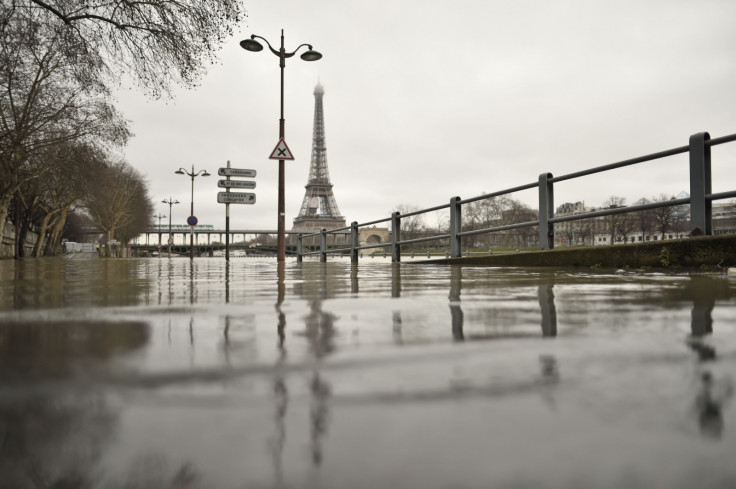Climate Change Study: Catastrophic flooding may occur annually in some places
More than 170 countries are at risk of facing floods, according to the study.
Coastal flooding is taking place across the world and its impact has recently been felt in South and East Asia. Hundreds have been killed in flooding across China and India in the past two months and the trend is set to continue globally for the coming years, according to a new study done by researchers from Princeton University.
Researchers have released findings which state that floods that are supposed to occur every hundred years will start occurring at the interval of thirty years at the most. According to the maps developed by the researchers, coastal flooding will occur on Eastern and Gulf coasts every year, while the Southeast Atlantic and the Gulf of Mexico will be hit by massive floods every 30 years.
"The historical 100-year floods may change to one-year floods in Northern coastal towns in the US. For the Gulf of Mexico, we found the effect of storm change is compatible with or more significant than the effect of sea-level rise for 40% of counties. So, if we neglect the effects of stormclimatology change, we would significantly underestimate the impact of climate change for these regions," Ning Lin, associate professor, civil and environmental engineering, Princeton University stated in the research paper, which was published in the Nature Communications journal.
According to collated storm surge, sea-level rise and storm occurrence maps, there is an increased prediction of flood hazards because of the rise in sea level.
The study shows that there is a more significant flood risk than previously predicted. The maps will predict future data and are expected to beat current maps, which predict only immediate flood threats.
The study states that countries with large coasts such as the U.S. and India should work on policy changes to protect populations at risk. They will have to work towards analysing spatial changes, predicting flooding hotspots and allocate resources and form strategies to protect those at risk.

© Copyright IBTimes 2025. All rights reserved.





















